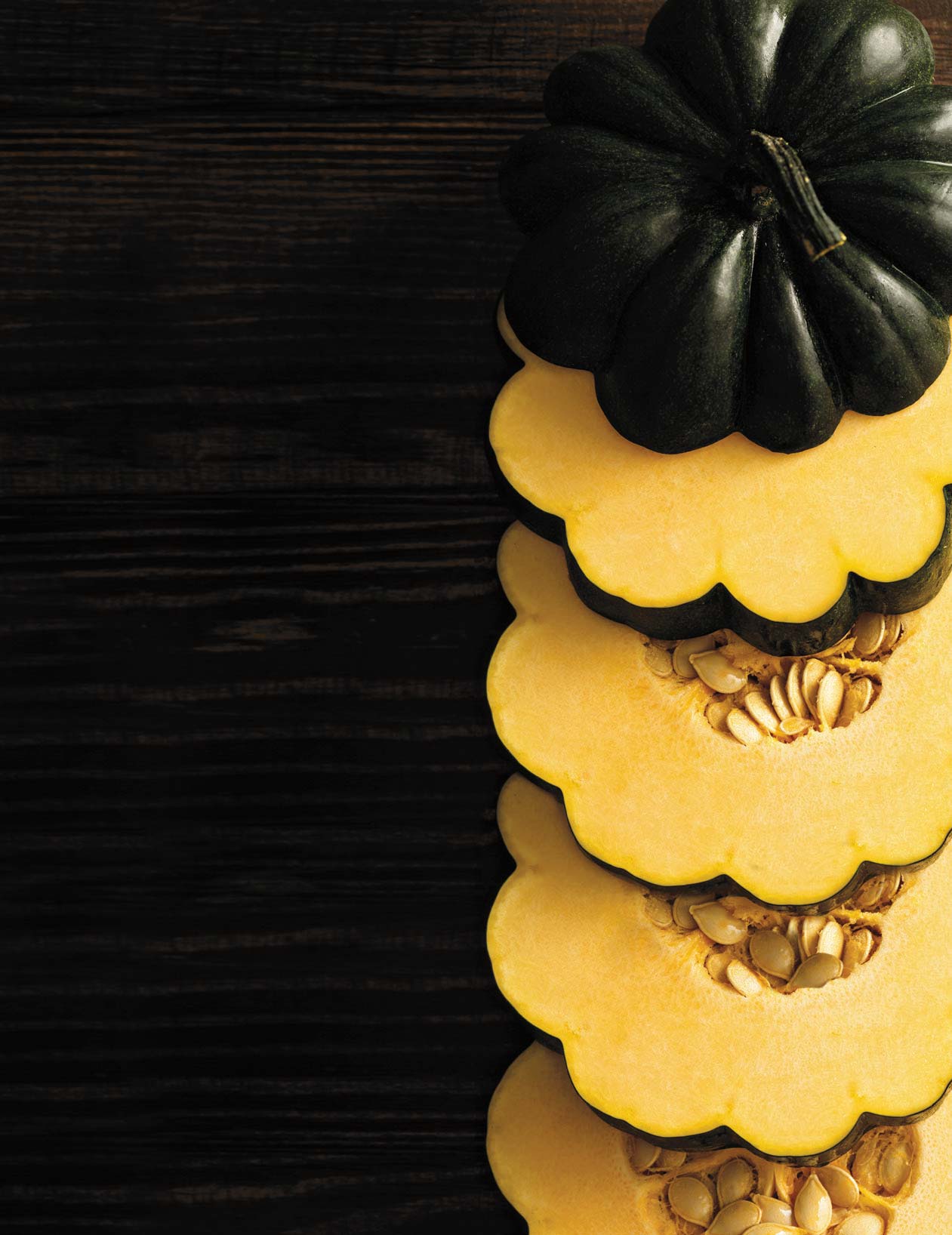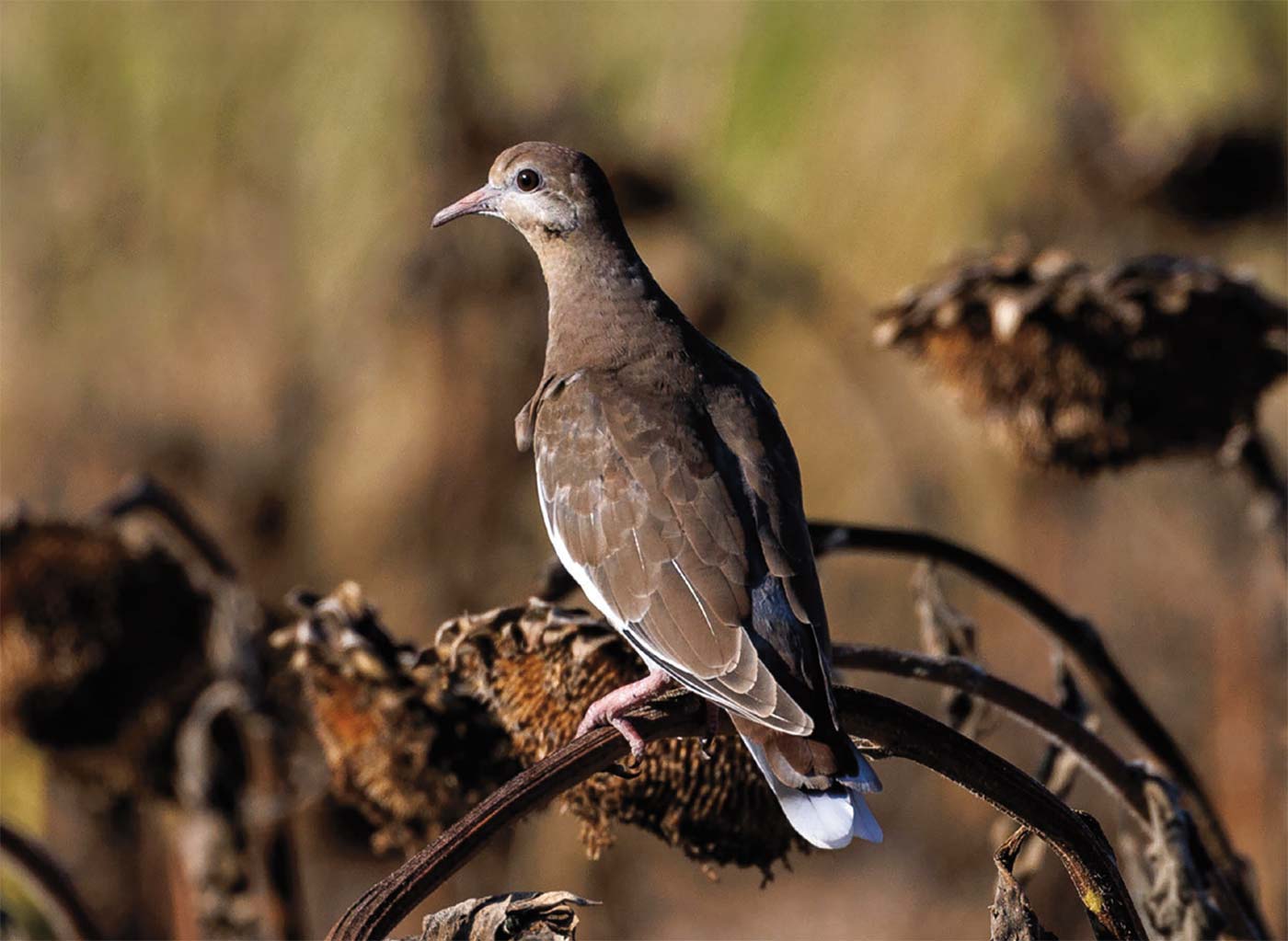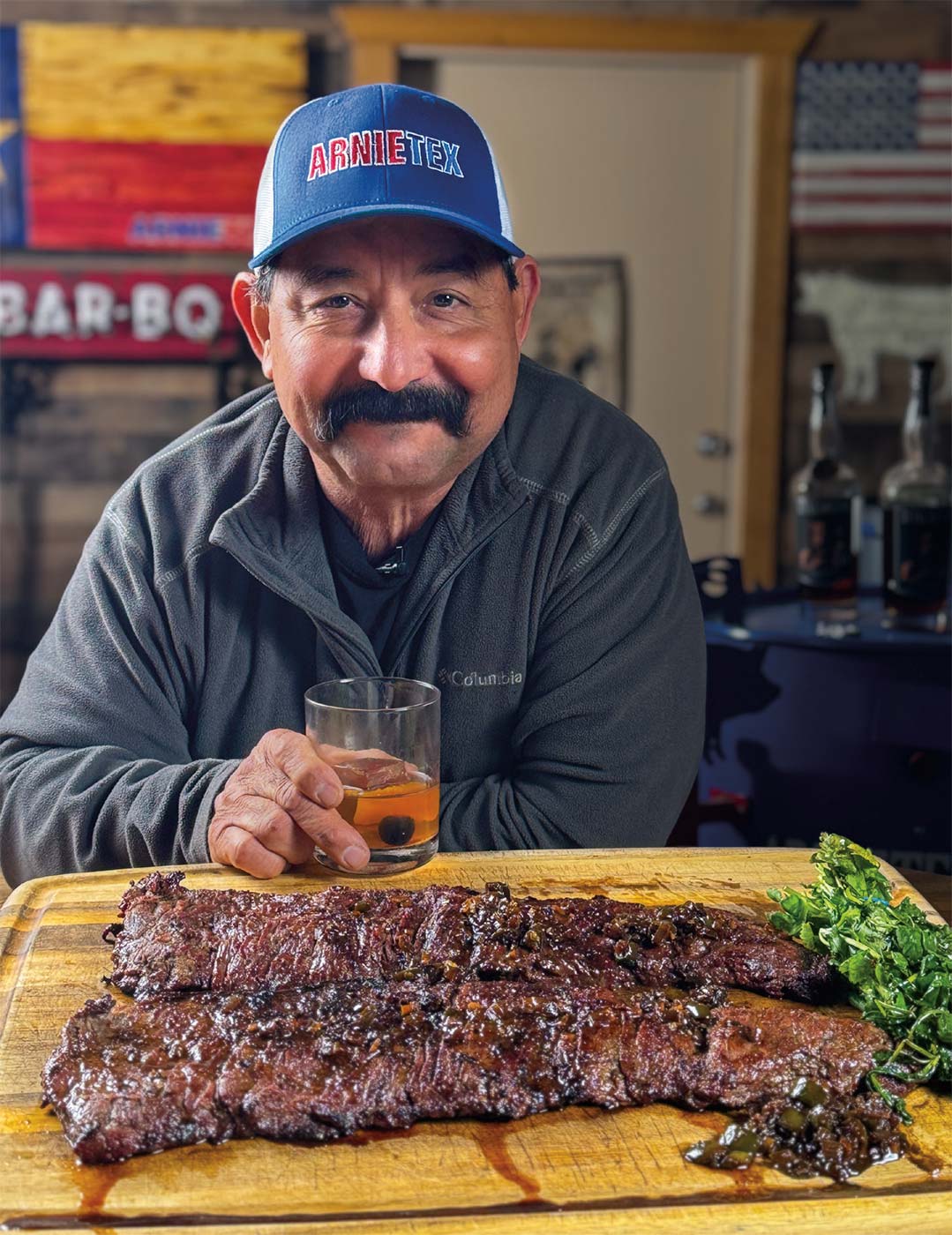Nonprofit lands USDA grant to teach farming, sustainability
“We just have to be creative and kind of work together to do it. … I think that’s the way we can improve our food system, by creating a whole bunch of small farmers like they did a long time ago. You put it all together and you provide food for your local community. If something happens, we all have food.” —Diana Padilla, founder of HOPE for Small Farm Sustainability
Diana Padilla thinks everyone should have access to healthy, organic food, so she started raising farmers.
A $7.4 million grant from the U.S. Department of Agriculture was awarded in May of 2024 to HOPE for Small Farm Sustainability, the nonprofit organization Padilla established for that purpose, should help quite a bit.
It all goes back to 2005, when she and her husband Saul bought 15 acres south of Harlingen. In 2008, it was christened Yahweh’s All Natural Farm and Garden. Today the farm covers 75 acres and grows beets, broccoli, cauliflower, lettuce, moringa — a supplement — and squash. The Padillas also raise chickens, cattle, lambs and pigs.
After selling at the Brownsville Farmers’ Market for a few years, the couple discovered Community Support Agriculture (CSA), essentially a farm-to-table subscription service, and that’s how the Padillas sell their produce and proteins these days.
“It is the best way for people like us to sell our product, because people buy memberships that are prepaid,” Diana says. “And we have working capital. We don’t have to go to the bank. We have money to work with.”
Saul has farming in his genes, while Diana describes herself as “the entrepreneur,” with a background in real estate, restaurants and whatnot. As Yahweh’s production ramped up, “people started getting more and more interested,” she says.
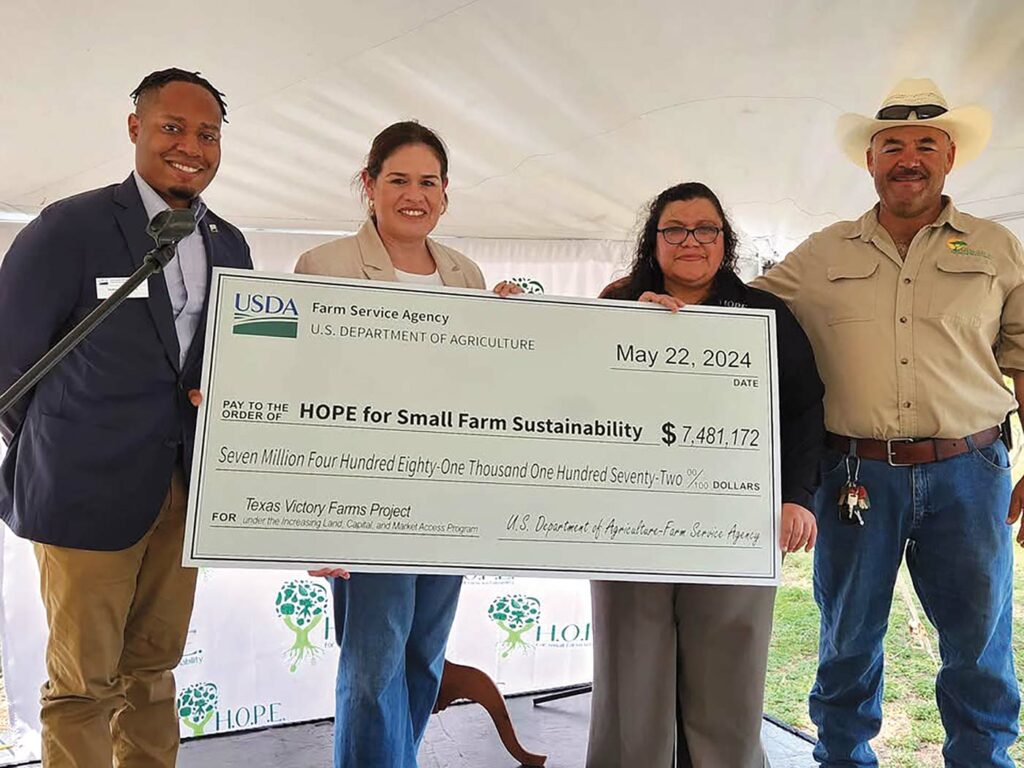
At some point the Padillas began sharing what they knew with others, and the rest is history. HOPE, founded in 2012, stands for “Holistic Organic Practical Education.”
“It’s grown exponentially,” Diana says, referring to her nonprofit.
Calling its project “Texas Victory Farms,” HOPE applied for the USDA grant through the agency’s Increasing Land, Capital, and Market Access Program. The overarching goal of the project was described as “increasing land, capital, and market access opportunities for the target audience of socially disadvantaged beginning farmers, ranchers, and refugees by providing relevant training, land and shared infrastructure, and equipment.”
HOPE, which occupies six acres at Yahweh Farms, proposed replicating the peer-to-peer training it was already offering there and expanding it to sites in Donna, Mission and Santa Rosa as well as Dallas and Waco. The land was to be donated by religious institutions and “collaborating farmer trainers,” according to the project description.
HOPE also proposed buying property — which is super expensive these days — “to help preserve land for future expansion and ensure the economic sustainability of this project.”
USDA gave the project the green light, and now HOPE has $7.4 million at its disposal over five years to make it a reality. “This one is what I call a dream grant,” Diana says.
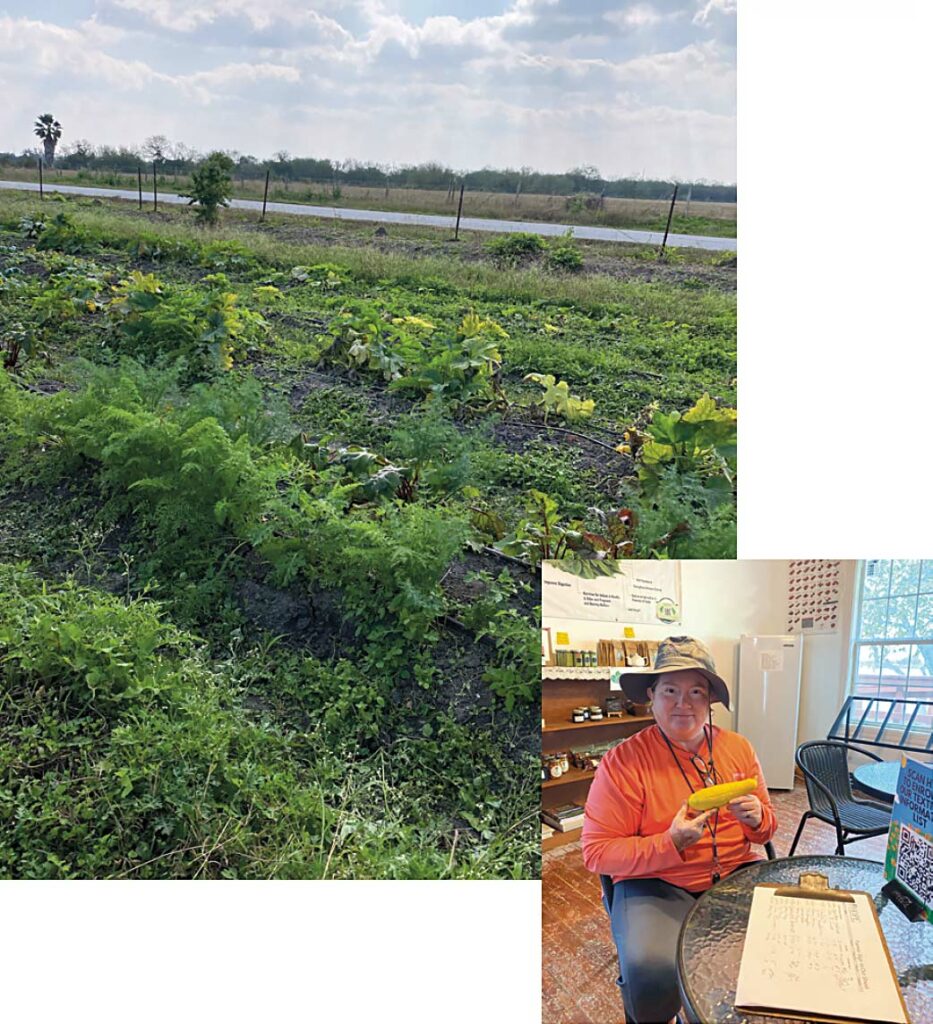
The lion’s share will go to buying land for community farming, where fledgling farmers will learn to farm, though some portion will be spent on equipment — tractors for instance, one each for the upper and lower Coastal Bend, Diana says. The grant will also pay for staffing of the program over the five-year grant period.
Texas Victory Gardens aims to buy land in Central Texas with the $4.4 million set aside for the purpose.
“I just think that local people have the answers to some of the problems,” she says. “We just have to be creative and kind of work together to do it. … I think that’s the way we can improve our food system, by creating a whole bunch of small farmers like they did a long time ago. You put it all together and you provide food for your local community. If something happens, we all have food.”
Currently eight gardeners are working on their gardens in Harlingen. About 180 people have expressed interest in participating and have attended workshops. They are divided into four categories: land owners with farming experiencing, land owners without farming experience, those without land but with farming experience, and those without land or farming experience. Within the overall group are 14 or 15 individuals who already have farming operations but want to expand.
“We’re calling those the elite,” Diana says. “Those are the ones that we’re going to show how to do a CSA and expand what they’re already doing.”
Experience gained through the program will enable eligible participants to obtain low-interest Farm Service Agency loans to buy their own land, if they choose.
As for the next step, once Texas Victory Gardens has conquered Central Texas, Diana says she wants the program to keep growing, just maybe without her. She has her own farm to worry about, after all.
“I’m looking for a whole bunch of people like me to make this organization bigger, maybe go national,” she adds. “Because if it works, why not? Then, for me, I’ll retire for the third time.”
- Anyone interested in learning more about Texas Victory Gardens, or offering services as a volunteer, can message HOPE for Small Farm Sustainability through its social media pages, by emailing foodconnectors@ hopeforsfs.org or by calling 956-412-4916.

